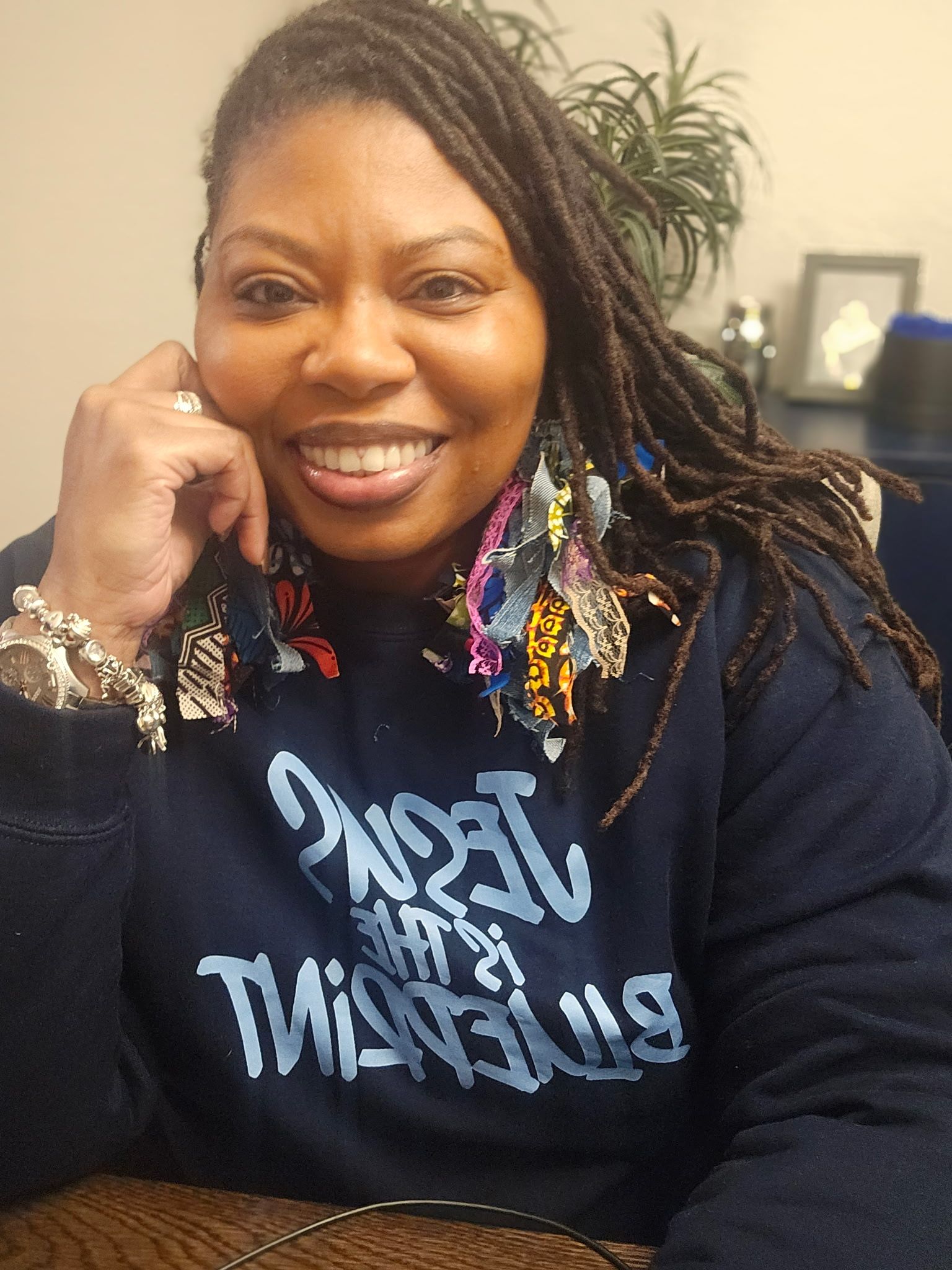May Story of Hope: Devin's Journey with Adriana's Help
Advocate Impact Story
CASA advocates that are assigned to Youth engaged in the College Docket Program have been collaborating with service providers, CPS, schools, and caregivers to ensure our Youths’ goals of higher education are supported and realized. Of the 80% Foster Youth who indicate they want to attend college, only 2-4% graduate with at least an Associate’s degree. Bexar County Fostering Educational Success Program has identified support networks to ensure our Foster Youth in Bexar County have access to higher education and are supported on campus to complete their degree of choice.
Less than one month after Devin was on-boarded to the College Docket program, Advocate, Adriana Krupka was assigned and ready to work with him towards his goal of higher education. Working with her Advocate Supervisor, Adriana identified that she would be a support for Devin and advocate for his educational needs and goals—both short and long term.
Within a month, Adriana had made connections with Devin’s summer school program and head counselor to assess his situation and create a plan for success. During this pandemic, Devin, like most of the children and youth we serve, struggled with distance learning. Devin went from good grades, to failing many. When the information Adriana had gathered from these school officials were reported to court during the College Docket hearings, the court agreed that an Educational Advocate Attorney be appointed to ensure Devin was receiving any and all services through the school to bring his grades back up and retain them.
During these College Docket hearings, our Youth are expected to be present and have the floor to speak to Judge about their educational goals, current situations, and bring up any barriers they may have in realizing these goals. Adriana created a safe space during these hearings to allow Devin to bring up—in his own words—what he needs; to advocate for himself. He needed to continue credit recovery, and wanted to have the opportunity to study the SAT before taking the test.
Another point of advocacy that was so important to Devin’s future was his legal permanency. CPS had planned to transfer guardianship to Devin’s foster parents prior to him turning 18. Since Devin had been in foster care since 2018, his Advocate Adriana and College Docket supported a different goal: aging out of care. This was advocated for in order that Devin receive all due benefits from his time in care to aging out, his Educational Tuition Voucher (free tuition to in-state public universities and colleges). This was able to be achieved in collaboration with his placement, CPS, CASA, and the Court.
At age 18, Devin decided with his support team to Age Out of the foster care system. Although he is no longer under the care of CPS, he (and others in similar situations) are able to continue through college (UTSA) with the support of Bexar County College Docket Aftercare Program (attending lunches with Judge, financial and resource support through Bexar County College Docket), and the on-campus resource centers available at each college or university in Bexar County under the direction of Bexar County Fostering Educational Success Program.

In December 2024, the Department requested TMC for a youth, Zoe, who was found to be homeless after both parents refused to accept parental responsibility. The mother had an extensive CPS history, and the alleged father had CPS history and a criminal history. While in care, life became challenging as Zoe made decisions that jeopardized placement; choosing to skip school, run away from placement, and get arrested for a misdemeanor charge. As a result of these behaviors, the Department placed Zoe in a facility out of state. In August 2025, Staff Advocate, Yvonne, accepted the Crossover Court Case involving Zoe. During the initial Zoom meeting between Yvonne and Zoe, the youth shared her love for sketching, singing, and making people smile. Zoe further shared her hopes and dreams with Yvonne; stating that if parental rights were terminated, she hopes to be adopted by a loving family and wants to pursue her dream of having a career in law enforcement. Recently, Yvonne had the opportunity to visit Zoe at her out-of-state placement, where their conversations were not limited by time on a video call. When Yvonne met Zoe in person, she shared that she couldn’t sleep the morning of Yvonne’s arrival because she feared that Yvonne would be another adult who did not show up for her. Yvonne was able to lay that worry to rest by simply keeping her word, a small act that means the world to the children CASA serves. During the visit, Zoe shared that she wanted to make her CASA proud by improving her school grades, staying out of trouble with peers at placement, and staying busy with extracurricular activities. Yvonne was happy to hear Zoe share her aspirations and encouraged Zoe to continue on this positive path. The conversations about Zoe’s day-to-day happenings in life led her to share the more traumatic events with Yvonne. Yvonne listened and provided a space for Zoe to share what she was comfortable with. Yvonne encouraged Zoe to continue processing her trauma and grief with her therapist and find peace, past the pain of being estranged from her family and individuals whom she trusted. Despite the setbacks Zoe has endured in efforts to restore family connections, Yvonne continues to show up and support Zoe in self-advocating for her educational and placement needs as she approaches adulthood. Zoe’s educational goal is to attend her senior prom and walk across the stage at a public high school to receive her diploma. Most importantly, Zoe hopes to be placed in a Texas foster home where she will be protected, loved, and trusted. Regardless of where life and the case takes Zoe, Yvonne will be there at every turn.








